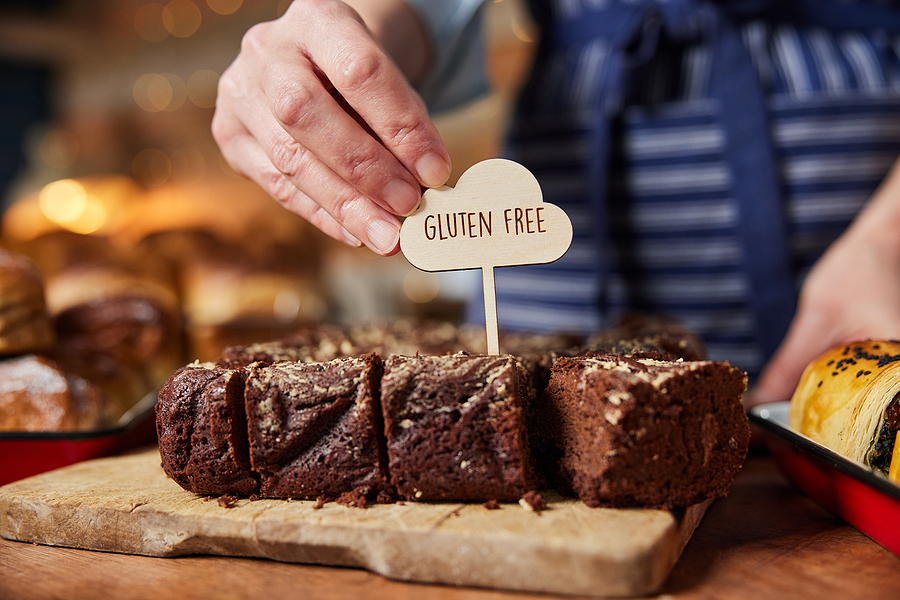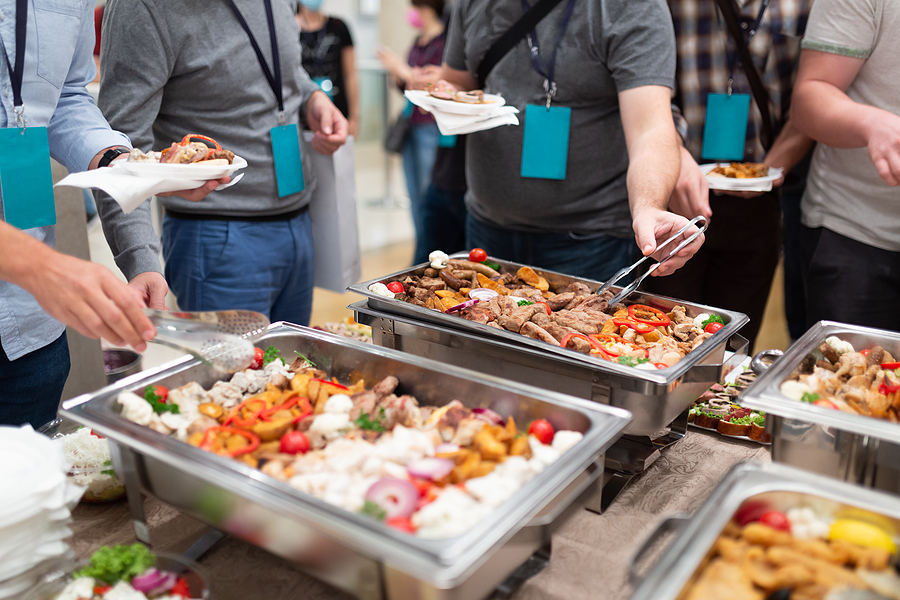The world of event planning has long been synonymous with indulgent menus, decadent desserts and rich food that is often far from healthy. But, with the rising awareness about food allergies and dietary restrictions, it has become essential for event planners to be more conscious and inclusive in their food choices. One such move towards healthier, more inclusive catering is the rise of gluten-free menus. Gluten-free catering is not just a trend; it’s a solution for healthful event menus that take into account the diverse dietary needs of attendees.
Whether you are someone planning an event or a caterer looking to expand your offerings, understanding the significance of gluten-free catering can be a game-changer. Let’s delve deeper into this topic and explore how gluten-free catering can make your events healthier, more inclusive, and just as delicious.

Understanding Gluten-Free Catering
Before we dive into the benefits of gluten-free catering, let’s first understand what it means. Gluten is a protein found in wheat, barley, and rye that can cause an adverse reaction in people with celiac disease or gluten sensitivity. This means foods containing gluten can lead to discomfort, digestive issues, and other health problems for those individuals. Gluten-free catering, therefore, eliminates these ingredients from the menu to cater to people with specific dietary restrictions.
The Need for Healthier Event Menus
Food allergies and intolerances are on the rise, and event planners must take them into consideration when designing healthy catering menus. According to Food Allergy Research & Education (FARE), as of 2021, approximately 20 million Americans have food allergies, and 4 million of them are children under the age of 18. This means that there is a high chance that some of your attendees may have a food allergy or dietary restriction that needs to be accommodated. By providing gluten-free options, you not only cater to those with celiac disease but also to others who may benefit from a gluten-free diet for various health reasons.
The Benefits of Catering Without Gluten
By offering gluten-free catering, you not only create a more inclusive menu for your event but also provide numerous health benefits to attendees. Some of the advantages include:
Improved Digestive Health: As mentioned earlier, gluten can cause digestive issues for people with celiac disease or gluten sensitivity. By eliminating it from the menu, you create a safer and more comfortable dining experience for these individuals.
A Healthier Alternative: Many gluten-free options are made from whole grains, which means they are rich in vitamins, minerals, and fiber. By incorporating them into your menu, you can offer attendees a healthier alternative to traditional event food.
Increased Awareness and Inclusivity: By offering gluten-free options, you show that you care about the needs of your attendees and are willing to accommodate them. This not only creates a positive experience for those with dietary restrictions but also promotes inclusivity and understanding among all attendees.
How to Incorporate Gluten-Free Foods in Your Catered Events
If you are an event planner looking to include gluten-free catering in your events, here are some tips to keep in mind:
Communicate with your attendees beforehand about dietary restrictions and allergies through registration forms or surveys.
Work closely with the caterer to design a menu that caters to all dietary needs, including gluten-free options.
Ensure proper labeling and separation of gluten-free dishes to avoid cross-contamination.
Educate the event staff on the importance of handling and serving gluten-free dishes correctly.
Final Thoughts
In today’s world, where people are increasingly becoming aware of their dietary needs, offering gluten-free catering is no longer just a trend; it’s a necessity. By incorporating this option in your event menus, you not only cater to those with specific dietary restrictions but also promote inclusivity and create a healthier dining experience for all attendees. So, the next time you plan an event, consider including gluten-free catering to make it a more wholesome and inclusive experience for everyone.
Ready to incorporate some gluten-free options in your menus and create an unforgettable event that caters to everyone’s needs and preferences? Contact Food for Thought Catering at 678-340-0510 to speak with a friendly and experienced catering manager about professional social event catering in Peachtree City, Georgia. We also help with décor, themes, vendors, and more. Request a consultation today!
Related Posts:
Food Allergies Versus Food Intolerances
A Basic Catering Menu Guide for Diabetic Guests
Helpful Tips for Kosher Catering

